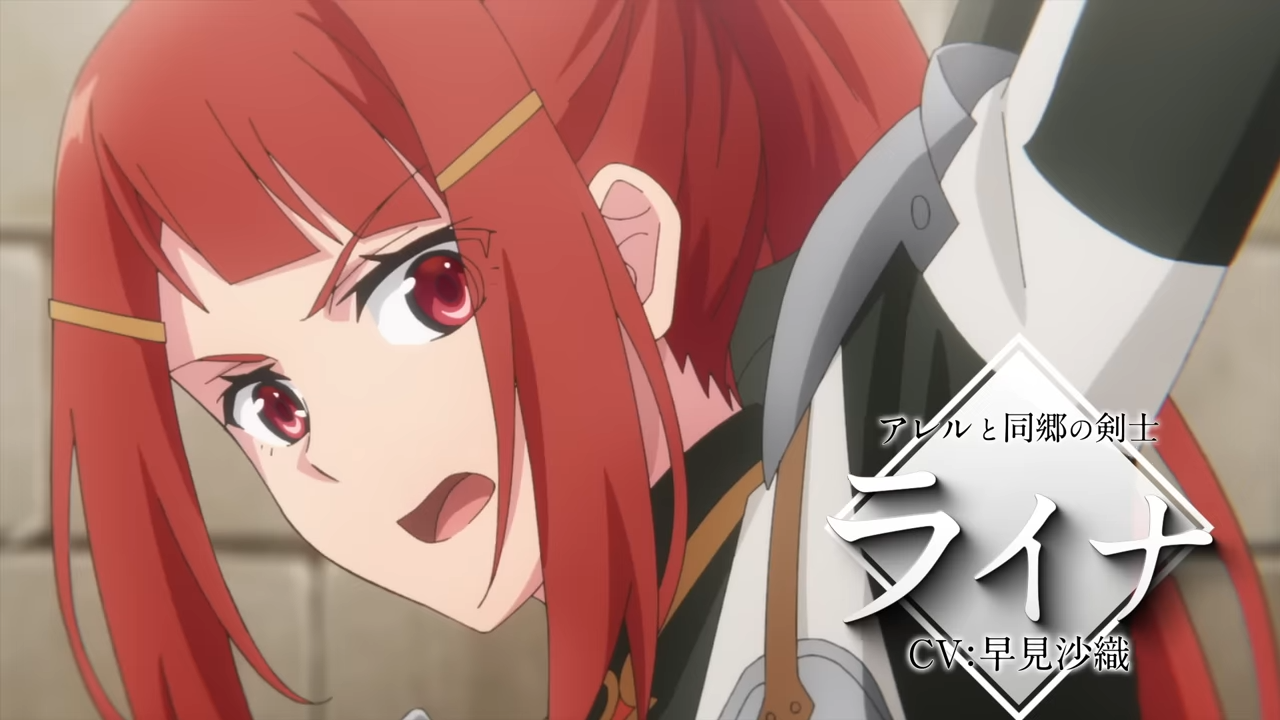
Arisunime — Why would someone with a background in law enforcement choose to join the Japanese Association of Assassins (JAA)? In Sakamoto Days, the JAA operates not just as an assassin guild, but as a sprawling, well-funded corporation with quasi-official infrastructure—its Tokyo Bureau resembling an entire district of the city. Despite the morality of policing, joining the JAA offers stability, resources, and legitimacy in a world where conventional law enforcement struggles to contain the assassins’ domain .
Within the manga, characters like Byodo, who serve as janitors or administrative staff, are depicted as having previously been skilled assassins or combatants. They possess specialized abilities such as superhuman memory and often have deep connections to institutions like JCC (Japan Clear Creation)—the assassination school .
Although they may not explicitly be “police,” their roles mirror that of internal security or regulatory agents within the JAA system. These individuals often maintain order—not through legal authority, but through clandestine power—reflecting how law enforcement figures might align more with an organization capable of enforcing justice when the state cannot.
Moreover, the Order, a special sub-unit of the JAA comprised of its most elite assassins, takes on the role of policing within the assassin community itself. They’re summoned to resolve internal threats—like serial killers targeting assassins, rogue members, or attacks against JAA infrastructure . A law enforcement mindset—valuing prevention, oversight, and eliminating threats—aligns closely with the Order’s mission: maintaining order in chaos.
Spoilers aside, a police character—or someone with that sense of civic duty—might thus find joining the JAA appealing because:
- They can operate effectively where the official legal system cannot, particularly in the murky world of assassins.
- They gain powerful support and infrastructure, along with high compensation, unlike traditional law enforcement that may be underfunded or powerless in this context
- They can uphold justice or protect civilians in clandestine ways, by becoming agents of internal regulation (akin to joining the Order).
- They may see the JAA as offering better moral alignment—where strict codes and accountability exist within the assassin hierarchy—versus unpredictable or corrupt institutions.
In tonal terms, Sakamoto Days presents a world where the boundaries between criminal underworld and lawful order blur. Thus, for someone steeped in police ideals, infiltrating or joining the JAA could represent a pragmatic, morally complex choice in a world where traditional justice doesn’t reach—or doesn’t matter.












